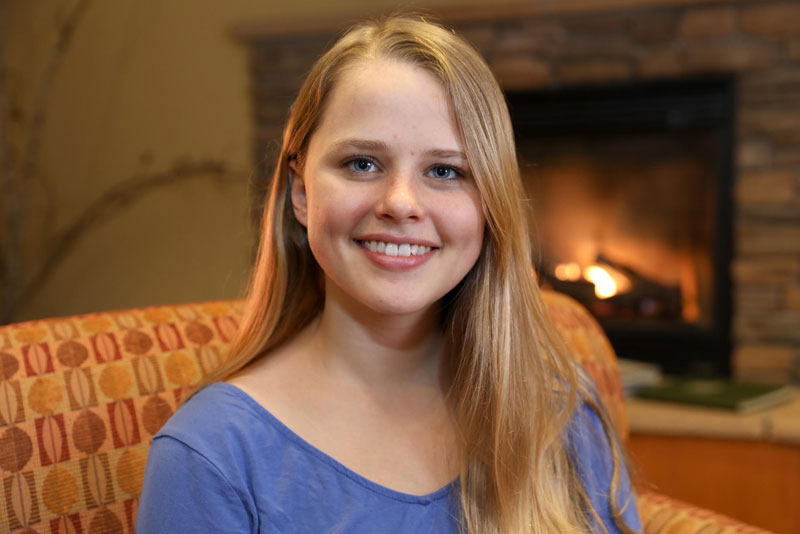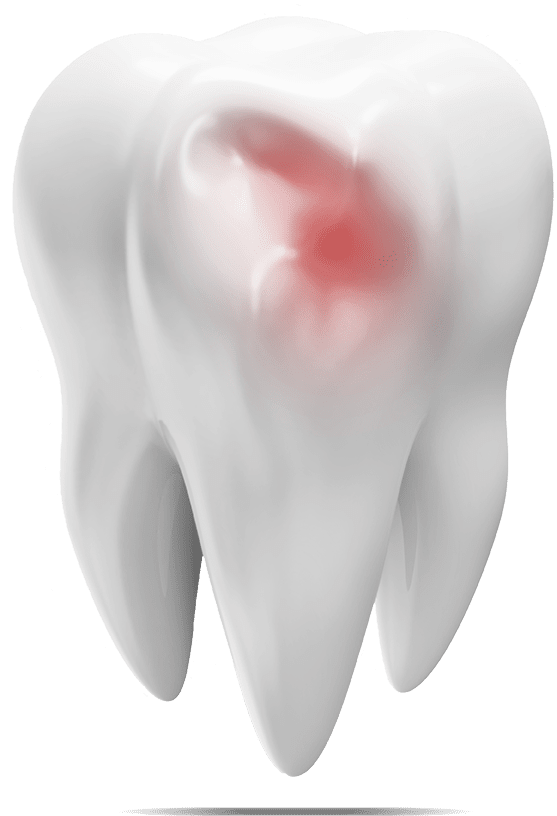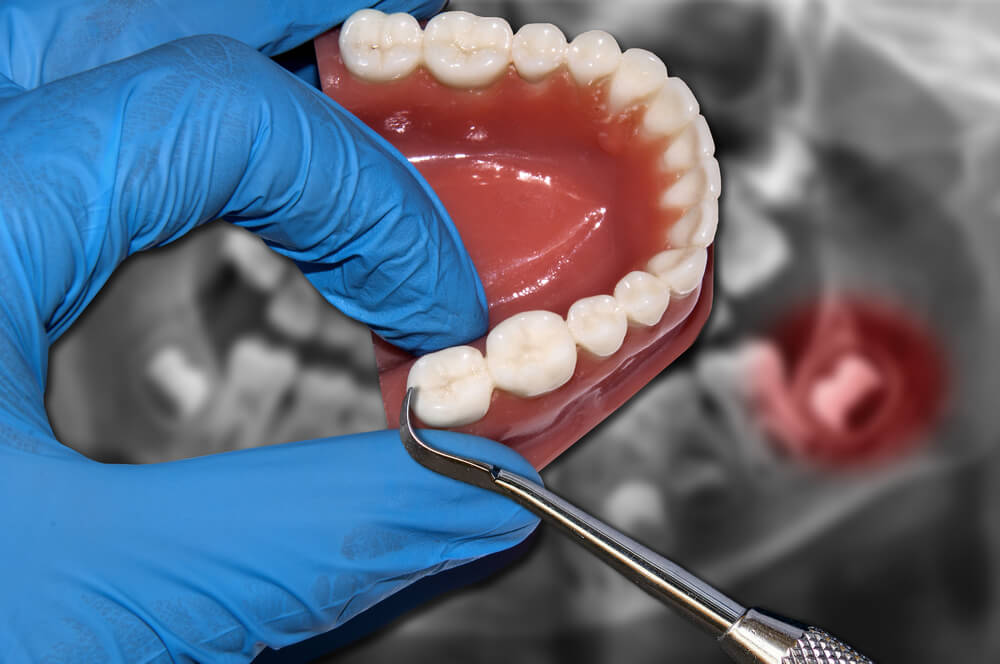
The Authority for Wisdom Teeth Extractions
Wisdom teeth, or 3rd molars, typically come in during the late teens. Since they don’t grow in tandem with other adult teeth, they can cause complications. They often erupt only partly through the gums, or not at all. These impacted teeth can grow at odd angles and put pressure on adjacent teeth. As a result, those neighboring healthy teeth can grow crooked or become infected. The position of wisdom teeth also makes them difficult to brush and floss. Without proper dental hygiene, they can develop decay just like any other tooth. Unlike other teeth, however, they don’t need to be replaced after removal.
Before you ever begin to experience issues, it is the recommended standard of care for the majority of people to have their wisdom teeth removed. Wisdom teeth removal is considered a surgical procedure. Who better to remove your impacted wisdom teeth than an experienced surgeon? As an oral and maxillofacial surgeon, Dr. Clayhold is not only trained in oral surgery and dentistry but medicine as well. He completed six years of training after dental school, empowering him to perform advanced procedures that many general dentists prefer not to do. As with most other dental health issues, you’re better off seeking treatment as soon as symptoms appear. This helps the treatment go faster and more smoothly.

Signs of Impacted or Infected Wisdom Teeth
- Gum inflammation
- Swelling in your jaw or cheeks
- Trouble opening your mouth
- Blood or pus near your back teeth
- Jaw discomfort
- Bad breath or foul taste

3rd Molar Extraction and Aftercare
Whether you have impacted wisdom teeth or fully erupted ones, Dr. Clayhold can precisely extract each one with as little damage to surrounding tissues as possible. Clayhold is trained in the full scope of anesthesia and offers multiple options for your comfort. His advanced anesthesia delivery system is among the safest and most effective available today. With oral sedation and IV sedation, you can essentially sleep through your treatment! You won’t feel anything during it and won’t remember it afterward. You’ll need to take off from work or school the day of your procedure and should plan to miss the following day as well.
During your recovery, be sure to take all the medications Dr. Clayhold prescribes or recommends. Use an ice pack as needed to minimize swelling. Don’t eat any hot (temperature or spicy) food, hard foods or any that commonly get stuck between your teeth, like popcorn or celery. It’s also very important that you avoid drinking through a straw or consuming anything that creates suction in your mouth. Don’t rinse your mouth either. These activities increase the risk of dry socket, a painful condition in which the bone and nerves in the extraction area become exposed. By strictly following Dr. Clayhold’s instructions you can avoid post-op complications and return to normal life sooner!

